Our lead product is FX856, a safe and effective live bacterial product which can be used for the prevention or treatment of gastrointestinal inflammation in humans or animals, reducing symptoms and consequences of disease progression.
During periods of active inflammation, stress or following surgery there is an increase in levels of iron in the gut. While most constituents of the gastrointestinal microbiome are able to grow under conditions of increased iron availability, lactobacilli and bifidobacteria, frequently employed as probiotics, are rapidly out-competed and cannot have a beneficial effect. Thus, in order for a bacterial product to be functional during periods of active inflammation, stress or following surgery, it must be able to thrive in iron-rich environments by increasing growth rate in order to compete with the resident microbiome. Through a rational selection process, we have identified a strain of Streptococcus thermophilus (designated FX856) which is able to increase growth rate in response to iron and has anti-inflammatory properties in standard models of gastrointestinal inflammatory disease.
Key Points
Improved clinical symptoms, including bodyweight loss and gastrointestinal bleeding, in a standard mouse model of colitis
Reduced signs of post-weaning disease in a study of neonatal calves
Demonstrated efficacy in standard in vitro models
Excellent safety profile in vitro and in vivo
Generally Regarded As Safe (GRAS) status in the USA and Qualified Presumption of Safety (QPS) status in Europe
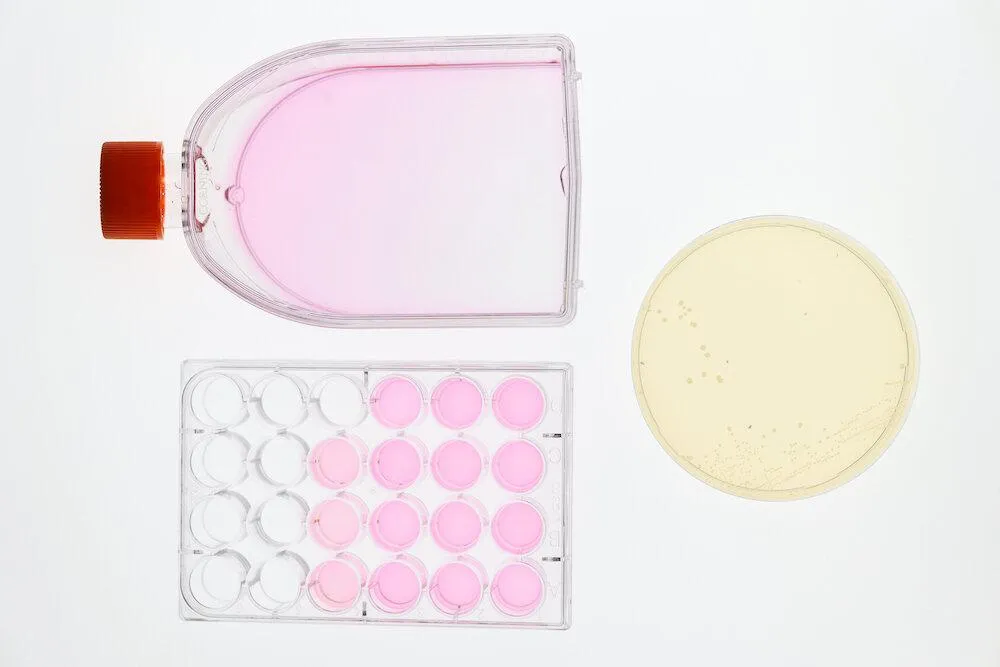
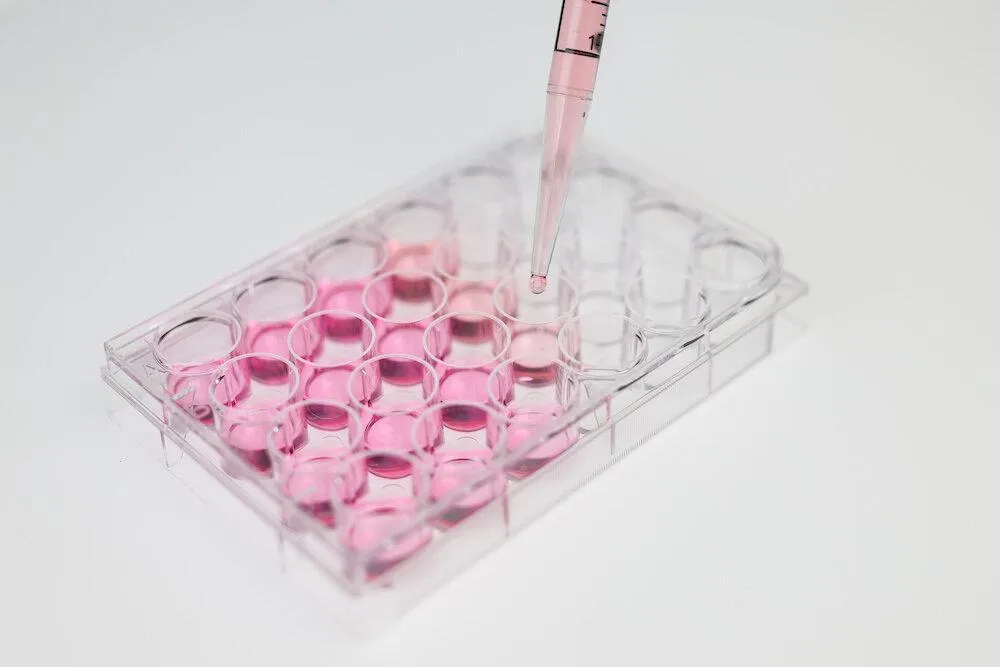
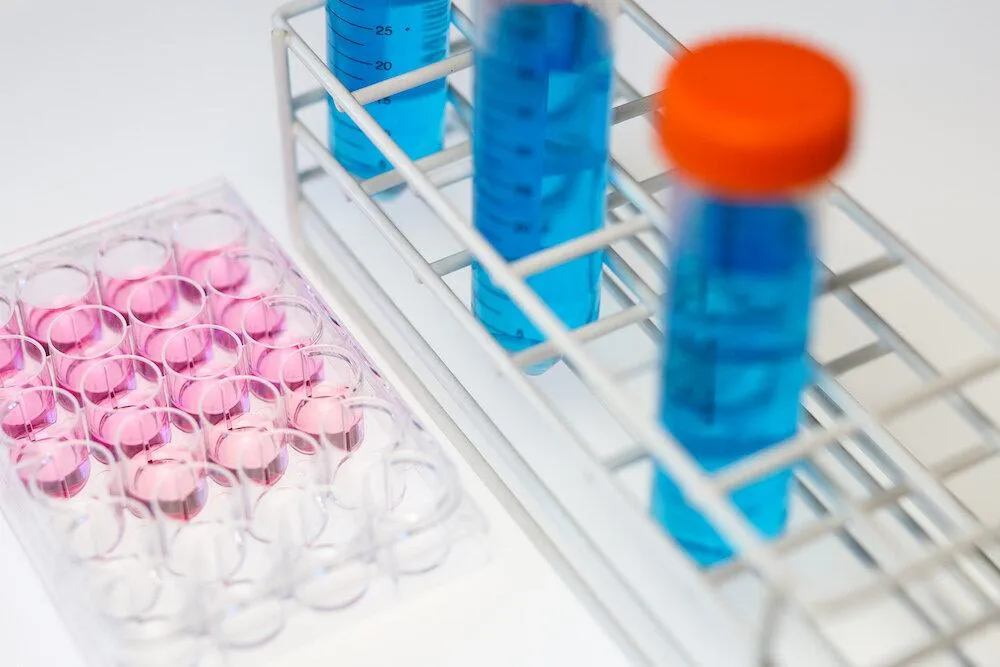
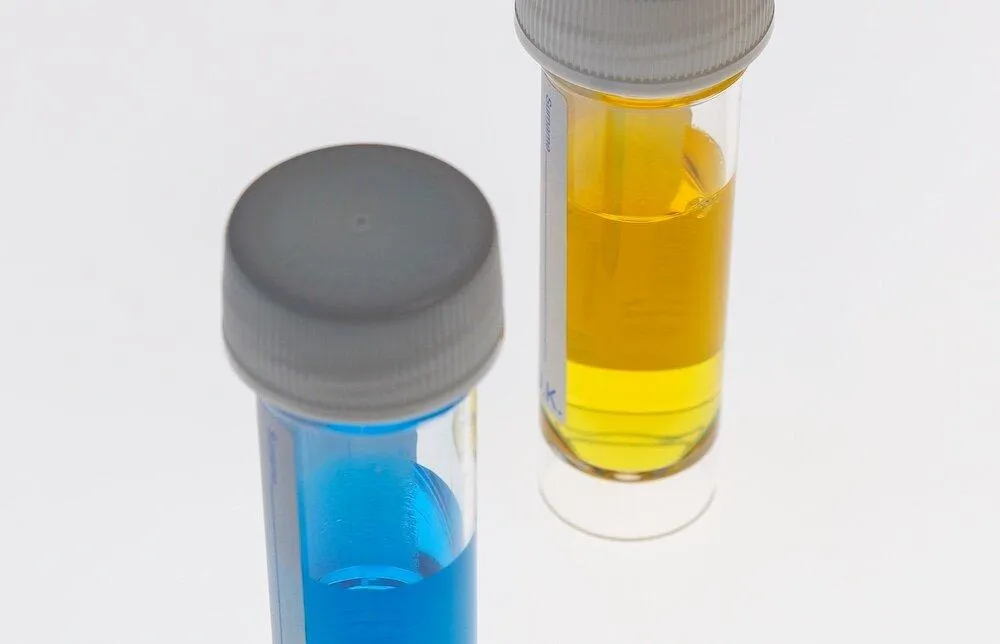
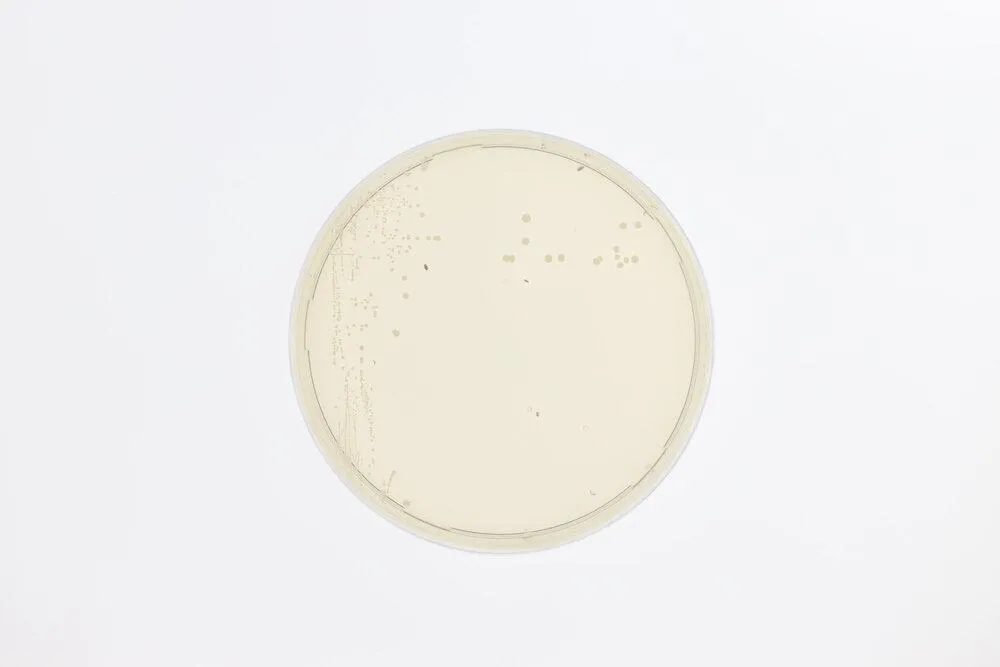
FX856 reduced clinical signs of disease in a mouse model of colitis

References
1. Bailey, J.R., Probert, C.S.J., and Cogan, T.A. Identification and characterisation of an iron-responsive candidate probiotic. PLoS ONE, 2011, 6(10): e26507.
2. Bailey, J.R., Vince, V., Williams, N.A., and Cogan, T.A. Streptococcus thermophilus NCIMB 41856 ameliorates colitis in an animal model of inflammatory bowel disease. Beneficial Microbes, 2017, 8(4): 605-614.
Our products’ brochures dive more into our solutions and our FX856 co-development opportunities.
Contact us to learn more about our solutions
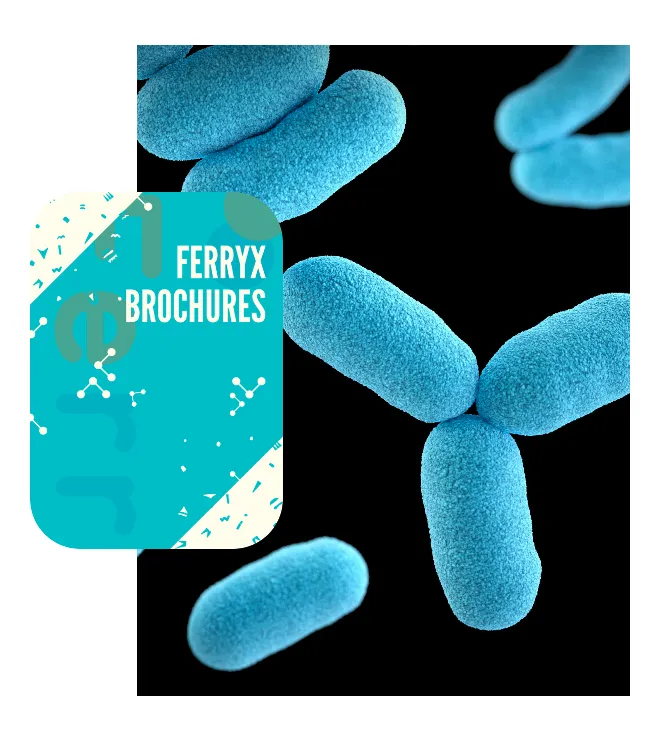
FERRYX LTD
Future Space,
UWE North Gate,
Filton Road,
Bristol,
BS34 8RB.


